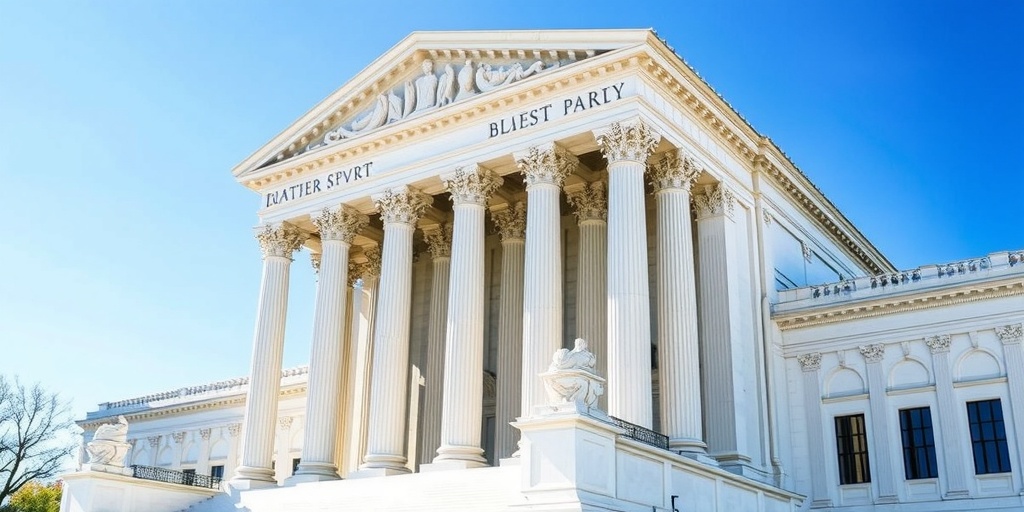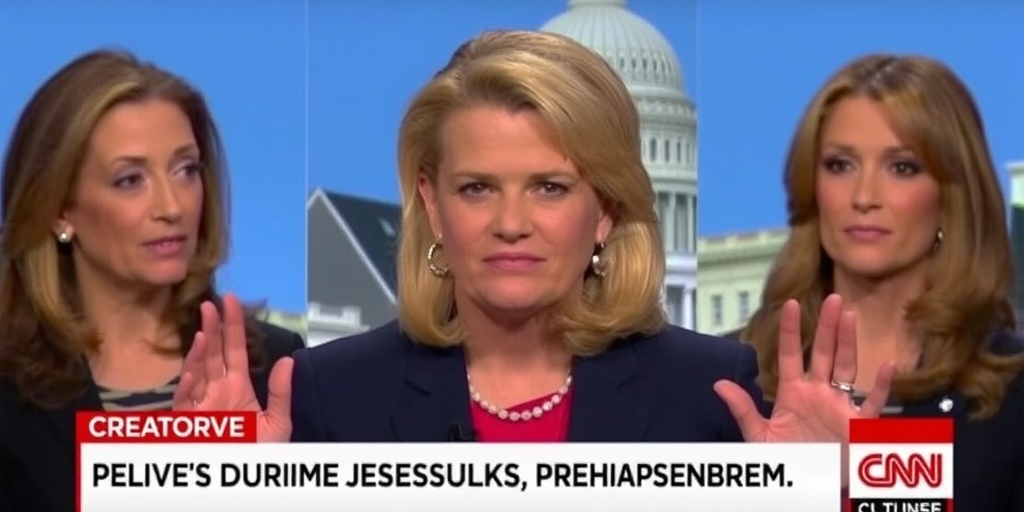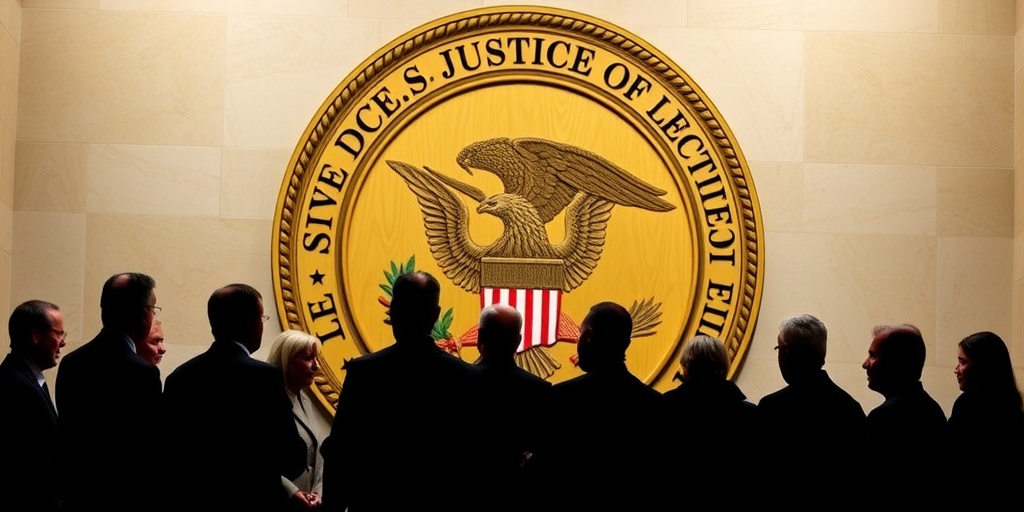Now Reading: Supreme Court to Review Challenge Against Conversion Therapy Ban
-
01
Supreme Court to Review Challenge Against Conversion Therapy Ban
Supreme Court to Review Challenge Against Conversion Therapy Ban

Supreme Court to Review Colorado Law Banning Conversion Therapy for Minors
The United States Supreme Court has announced that it will hear a significant First Amendment case challenging a Colorado law that bans professional counseling services engaged in conversion therapy aimed at altering a minor’s gender identity or sexual orientation. This decision marks a pivotal moment in the ongoing legal debate over the rights of minors, mental health practices, and the religious freedoms of counselors across the country.
Since the adoption of the law in 2019, Colorado has prohibited licensed therapists from performing conversion therapy, which is defined broadly under the statute to include any efforts that aim “to change an individual’s sexual orientation or gender identity.” The implications of this law are considerable; it includes attempts to eliminate or reduce sexual or romantic attractions toward people of the same sex. While the law has garnered support from major medical organizations and advocates for LGBTQ+ rights, it has also faced strong opposition from conservative and religious groups.
Kaley Chiles, a licensed professional counselor, stands at the center of this legal challenge. She contends that the Colorado law infringes upon her rights to free speech and the free exercise of her religion. Chiles asserts that, as a practicing Christian, she believes individuals thrive when they align their lives with what she identifies as God’s design, including adhering to one’s biological sex. In her lawsuit, she argues that she wants to assist her clients in achieving personal goals, which may include “seeking to reduce or eliminate unwanted sexual attractions, change sexual behaviors, or engage in a more harmonious relationship with one’s physical body.”
Chiles’s attorneys submitted a petition to the Supreme Court, emphasizing that the law’s implications go beyond therapy practice, raising concerns about government overreach in personal beliefs and professional conduct. The petition states, “As a practicing Christian, Chiles believes that people flourish when they live consistently with God’s design, including their biological sex.” Backing her legal battle is the Alliance Defending Freedom (ADF), a conservative Christian law firm that has built a reputation for advocating against abortion and supporting religious liberties.
In contrast, Colorado officials have defended the law vigorously, arguing that it is a necessary measure to protect minors from potentially harmful treatment practices. Lawyers representing the state posited that the First Amendment allows for reasonable regulation of professional conduct to shield patients from subpar treatment, even if such regulation inadvertently restricts speech. They contend that numerous studies have shown that conversion therapy can be detrimental to the mental health of minors, leading to anxiety, depression, and other adverse effects.
In a recent ruling, a divided panel of the U.S. Court of Appeals for the 10th Circuit supported Colorado’s position, asserting that the state is within its rights to regulate professional conduct to safeguard the well-being of its citizens. However, dissenting opinions emerged within the panel. Judge Harris Hartz articulated his concerns by warning that the government might attempt to “bypass the marketplace of ideas” and impose its preferred ideologies on the public without proper discourse.
Chiles’s petition for Supreme Court review focuses exclusively on her free speech argument. Her legal team draws parallels between her case and a previous Supreme Court decision favorable to religious rights. In 2018, the Court ruled that a California law could not compel religiously affiliated “crisis pregnancy centers” to provide information about abortion services, citing free speech protections. They hope that the precedent established in that decision can guide the Court to a similar conclusion favoring Chiles.
The Supreme Court has previously declined to hear other cases challenging state laws regulating conversion therapy. However, recent statements from some justices indicate a growing interest in the topic. Justice Clarence Thomas notably opined in a dissenting opinion that he would have supported a review of a challenge to a Washington state law, expressing that the issue of governmental censorship of counselors assisting minors with accepting their biological sex warrants further examination.
As the nation awaits the Supreme Court’s ruling on this case, the dialogue surrounding conversion therapy continues to evolve, marking a crucial chapter in the ongoing struggle between individual rights, mental health practices, and the legislative abilities of states. The implications of this case could resonate beyond Colorado, influencing similar laws in over 20 states that currently have their own regulations against conversion therapy.
Stay Informed With the Latest & Most Important News
Previous Post
Next Post
-
 01New technology breakthrough has everyone talking right now
01New technology breakthrough has everyone talking right now -
 02Unbelievable life hack everyone needs to try today
02Unbelievable life hack everyone needs to try today -
 03Fascinating discovery found buried deep beneath the ocean
03Fascinating discovery found buried deep beneath the ocean -
 04Man invents genius device that solves everyday problems
04Man invents genius device that solves everyday problems -
 05Shocking discovery that changes what we know forever
05Shocking discovery that changes what we know forever -
 06Internet goes wild over celebrity’s unexpected fashion choice
06Internet goes wild over celebrity’s unexpected fashion choice -
 07Rare animal sighting stuns scientists and wildlife lovers
07Rare animal sighting stuns scientists and wildlife lovers





















